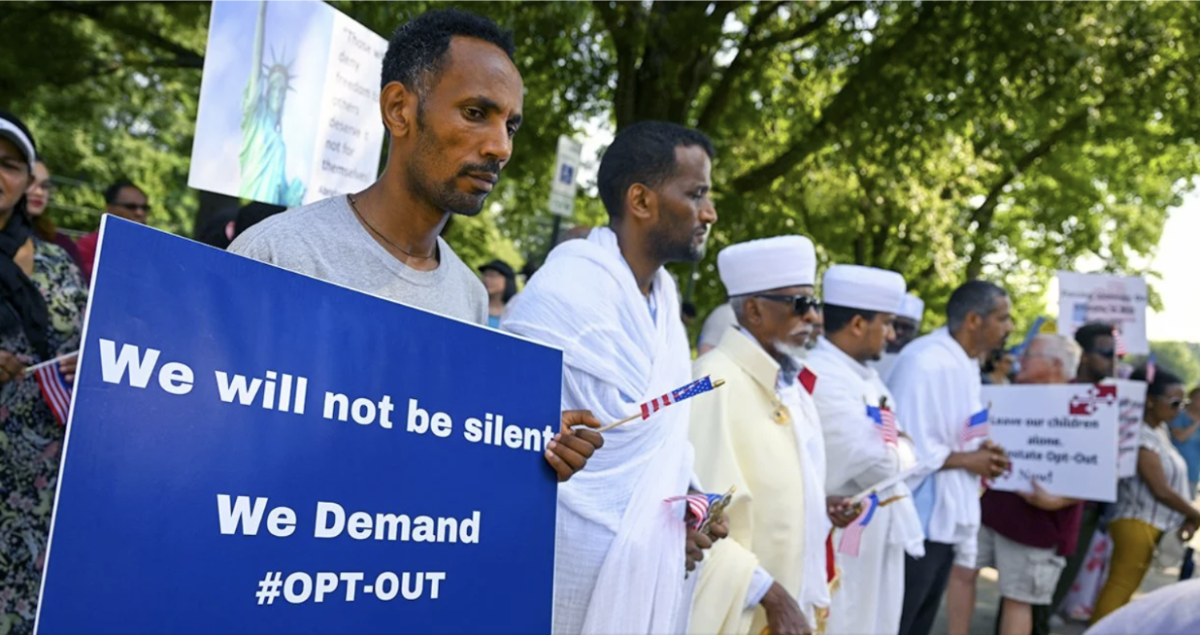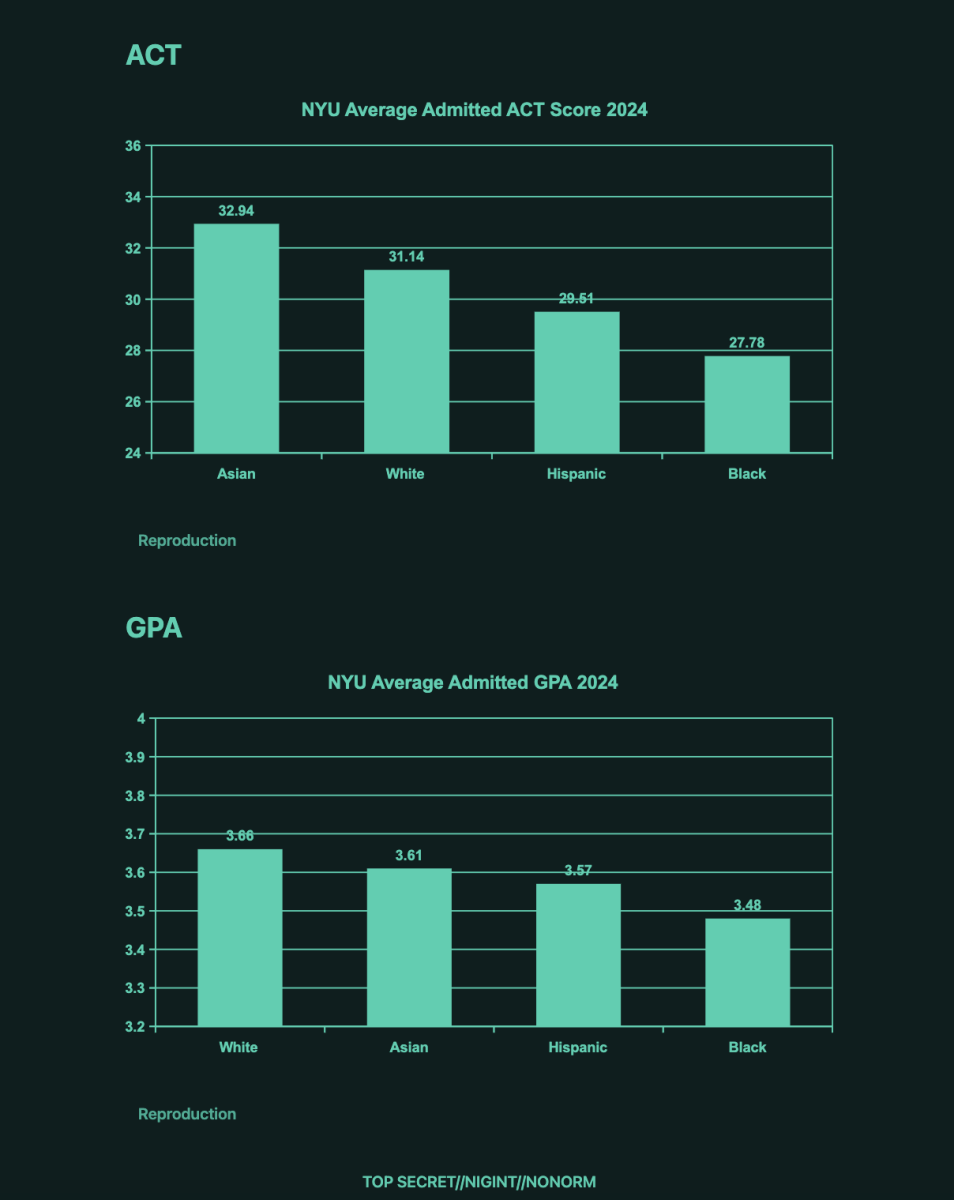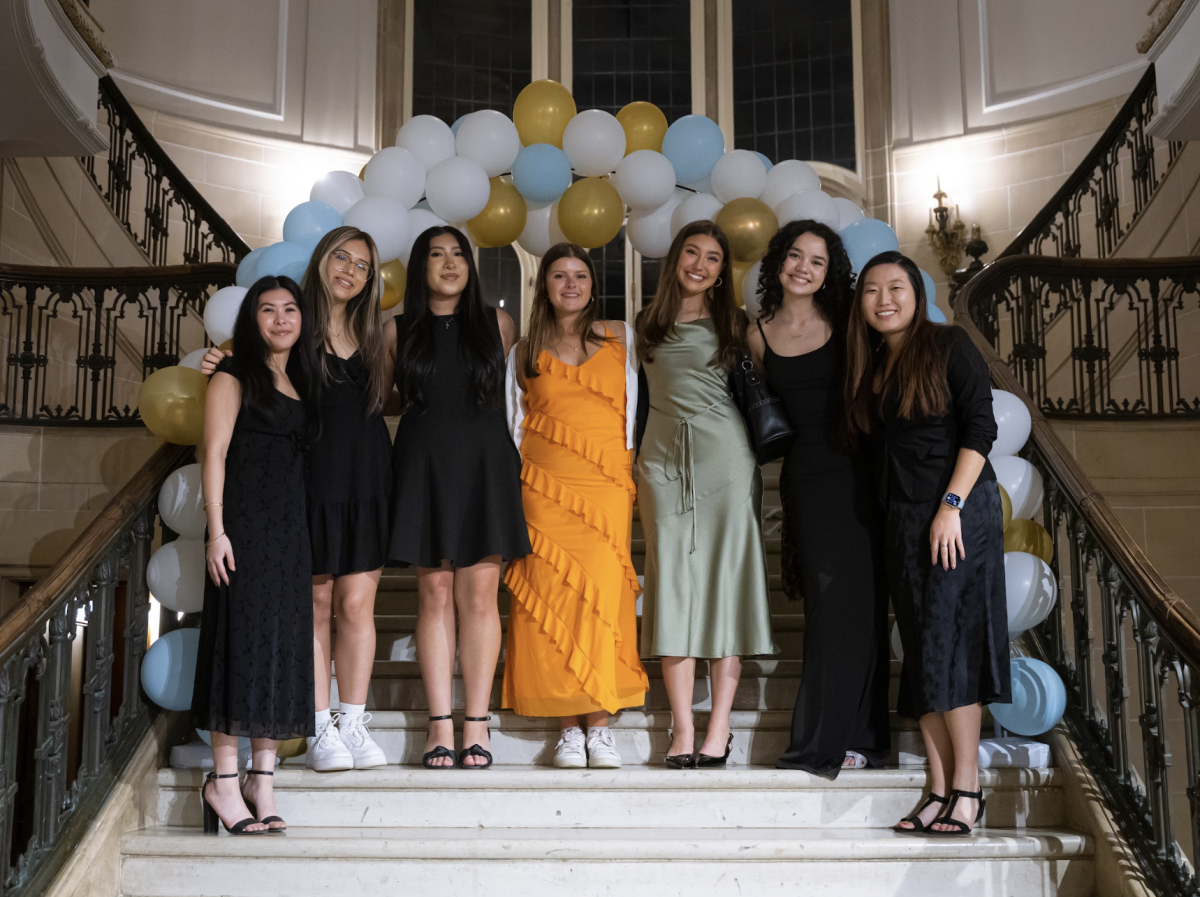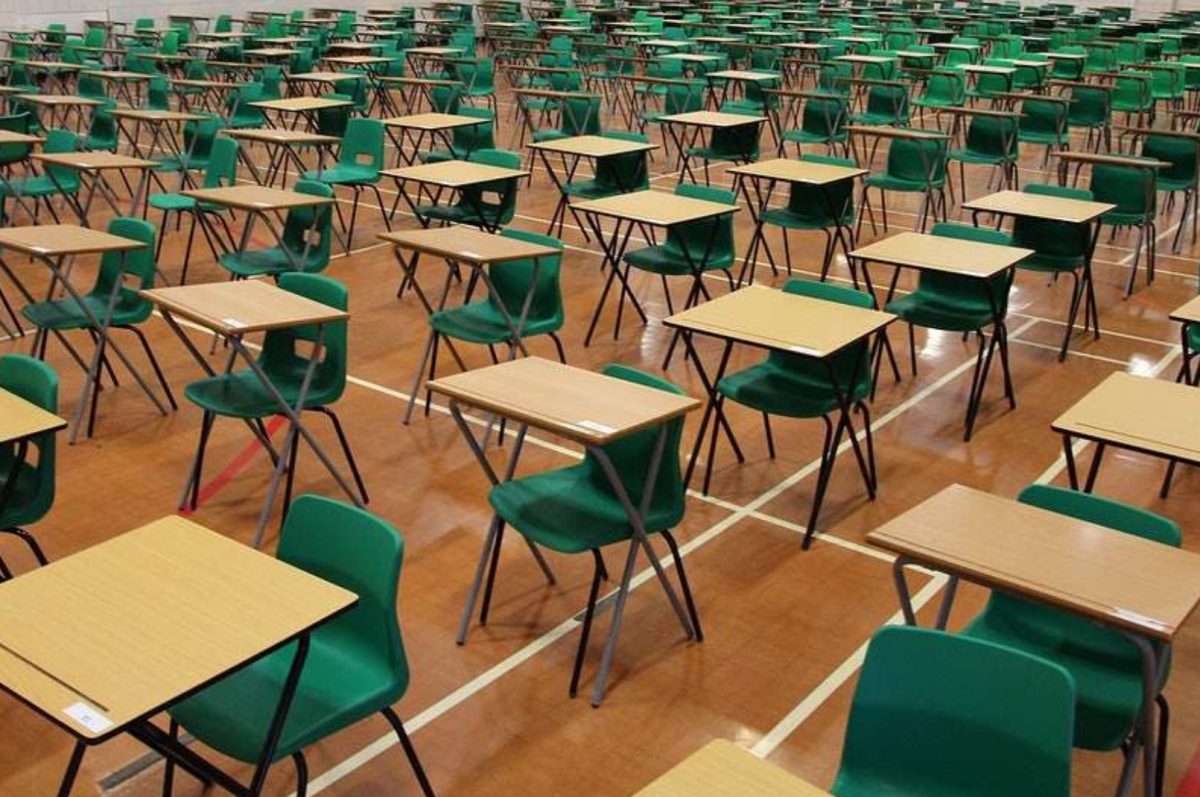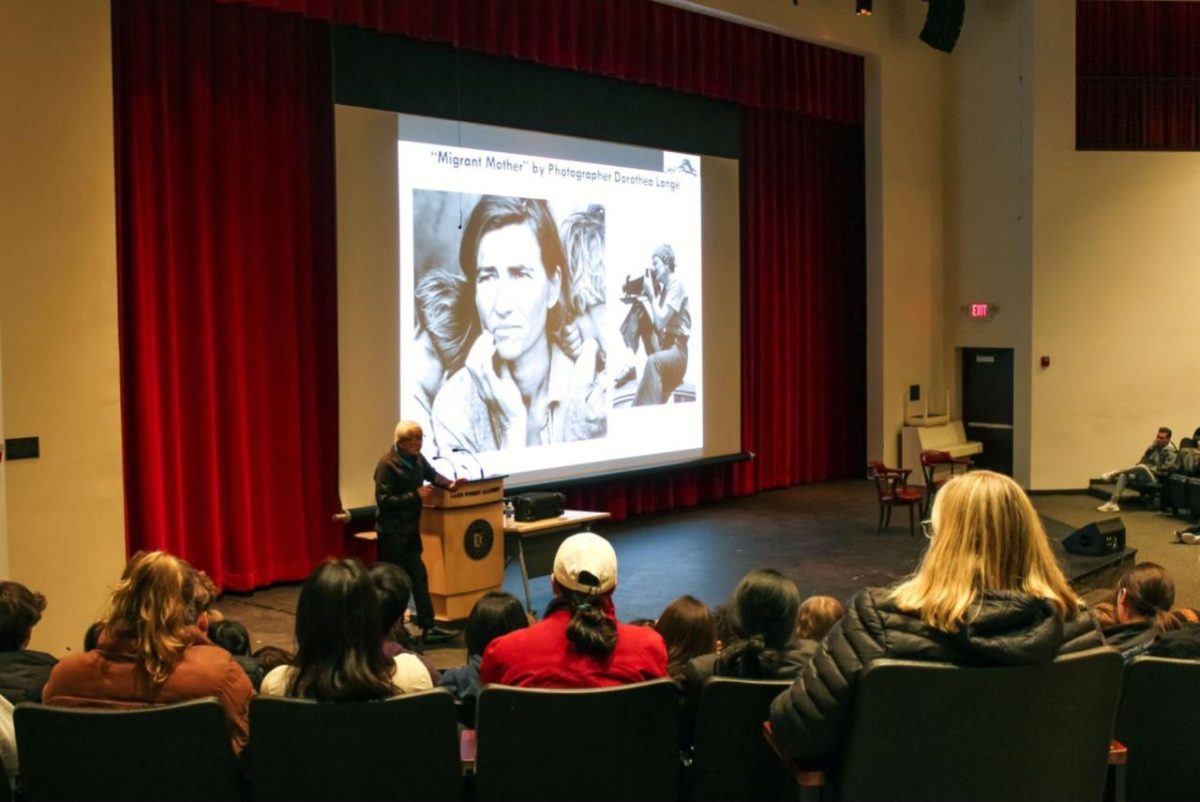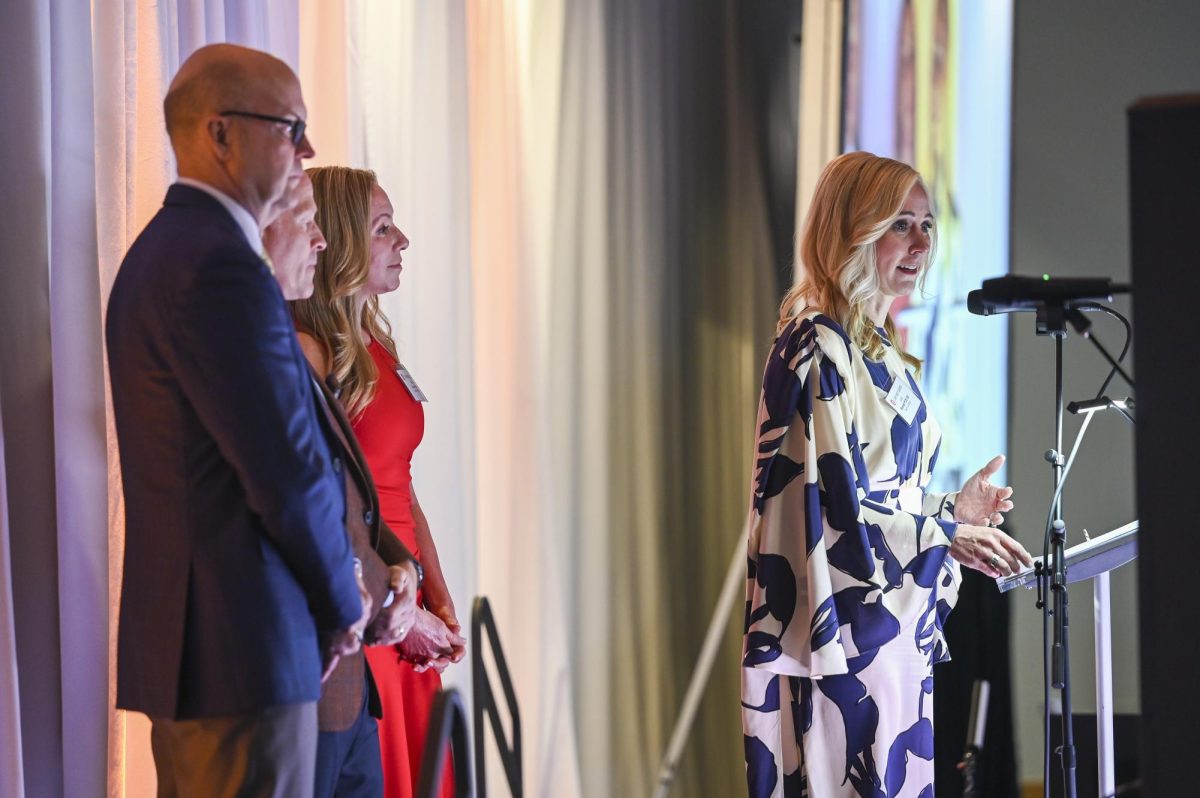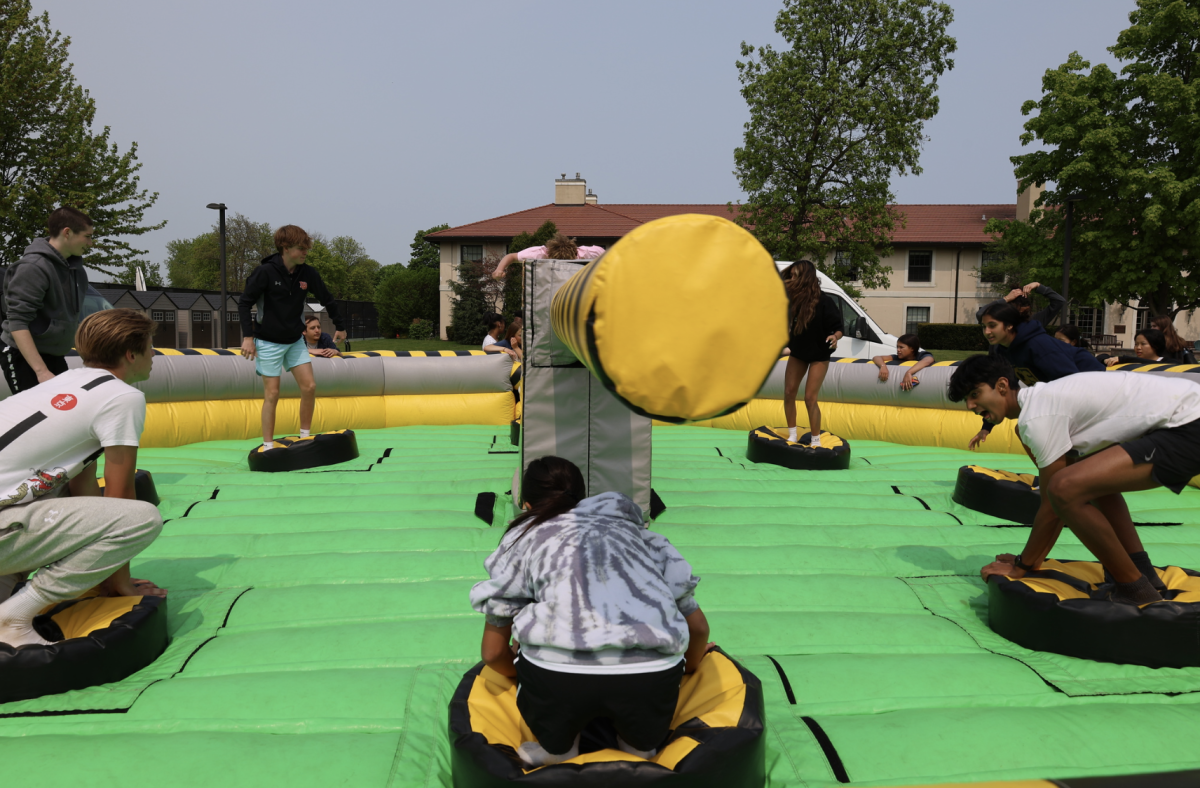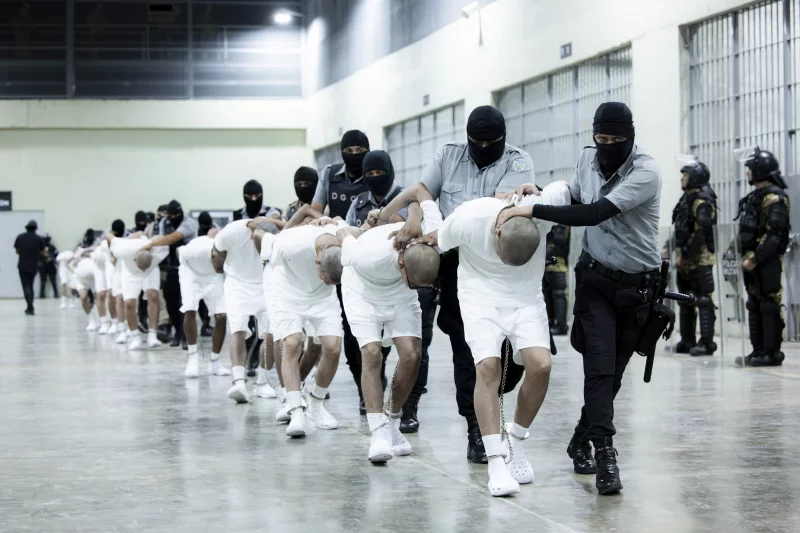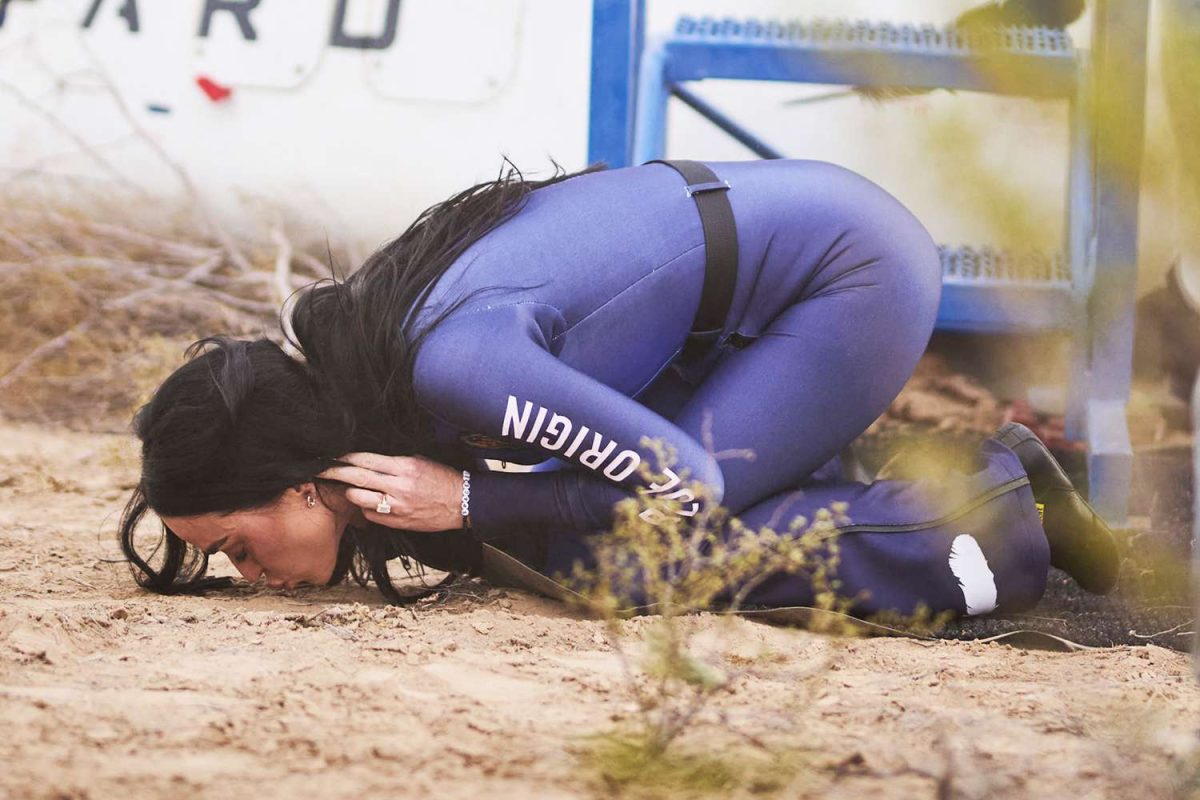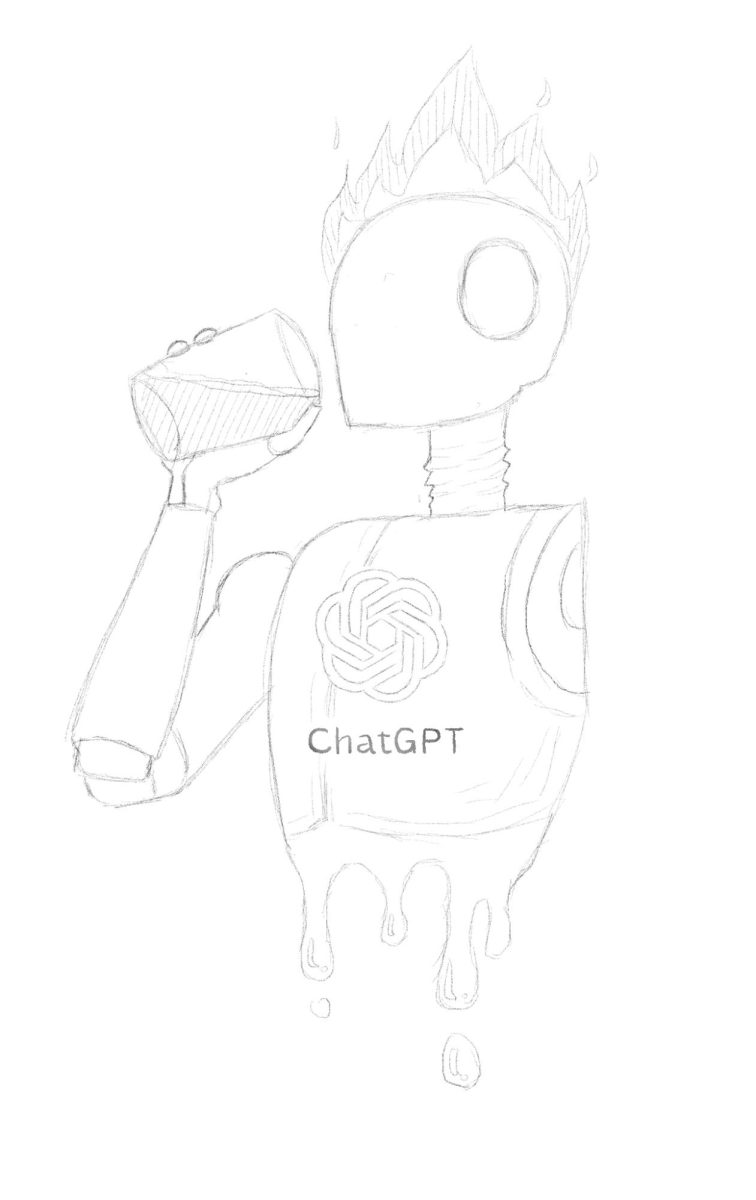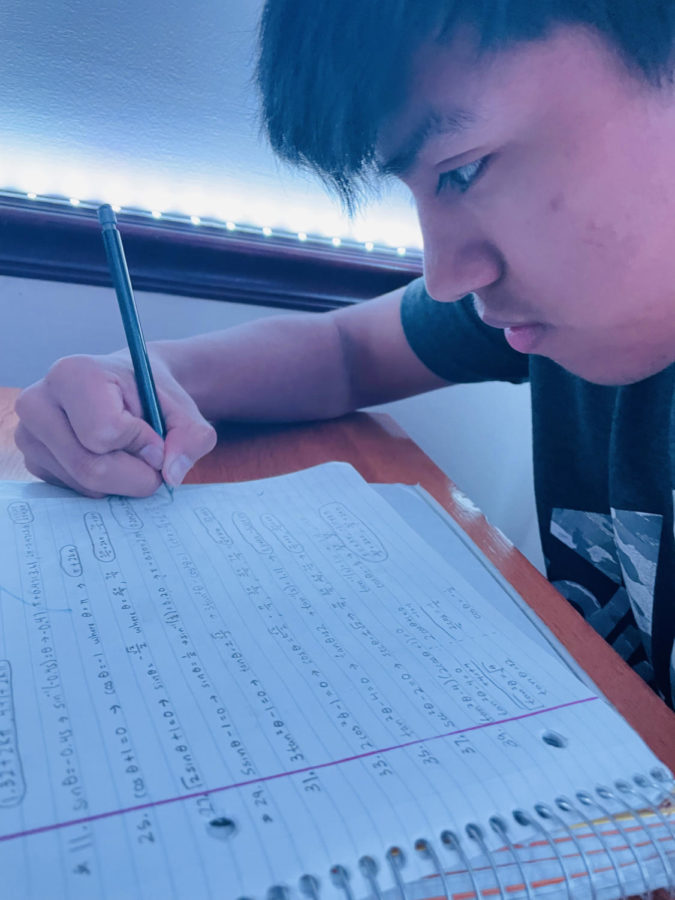Study Hours and Extracurriculars Timing Conflicts
March 9, 2022
As students, we are already juggling a lot, trying to balance out our schedule for school, sports, and other extracurricular activities. For boarding students, sports practice and extracurricular activities post even more challenges as we have a schedule that we must run by, including dining hours, study hours, and light-out hours.
Last semester, during the fall season, study hours started at 7:30; with the winter season, as the school only has two facilities and multiple teams have to take slots, study hours were pushed back to 7:45. However, with just a 15 minutes delay, it was still difficult for students to do much.
Recently, many students have expressed discontent and complaints about the timing conflicts. Sidney Do 24’ expressed her worries when asked about her thoughts on this subject. “How can I eat dinner when practice starts at 6 and ends at 7 while student union ends at 6:30, and I can’t eat before practice either. Although we are allowed to shower during study hours, it pushes back my learning schedule.” Even though these hours were set out to help students balance themselves, it’s making us feel a bit stretched out.
If the timing was the issue, then why don’t we just shift study hours even more backward? When asked this question, Jonathan Freeman, Assistant Dean of Students-Director of Residential Life, explains, “We don’t want to push it too late. Because the later you are pushing study hours, the later you are pushing essentially bedtime for the boarders. One of the things that we want to do is do anything that we can to help boarders to get more sleep.”
In terms of the night program for boarding students, what we are really seeing right now is that it gradually becomes both residential and athletic. Aviral Pathak, History & Social Science Teacher and dorm parent in Atlass, shared his view on the night program, “it’s a timetable that isn’t defining the boundaries of when you are supposed to study, and when you are supposed to finish athletics and other extracurricular activities. Everything is kind of becoming a Venn diagram, two circles overlapping.” Is it a sustainable program?
Simply postponing study hours may not be the ultimate solution to this problem for residential students. According to Pathak, “when we look at the big picture here, part of it is that we have to rethink our work culture.” Pathak believes that students are being trained to internalize a really unhealthy and unsustainable work culture that requires us to work 16 hours per day. That is why more and more students are expressing burnouts, stress, and fatigue.


